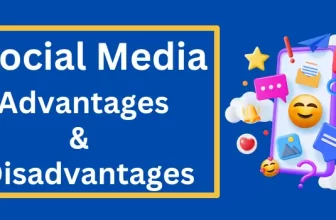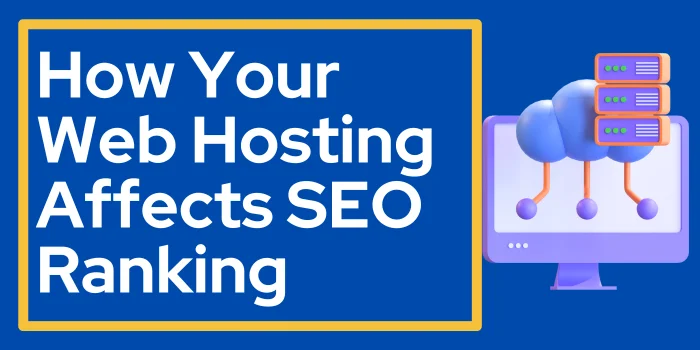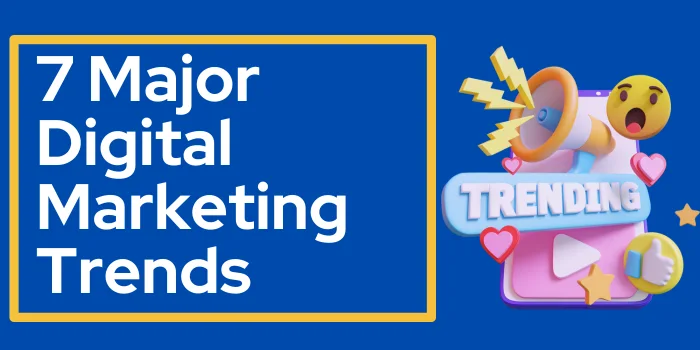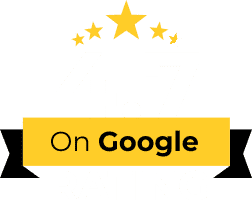
As businesses and individuals continue to seek online visibility and relevance, the importance of quality content writing and management cannot be overstated.
In today’s digital age, creating compelling and informative content is essential for engaging audiences, building brand trust, and driving traffic to websites. This article provides a comprehensive guide to content writing and management, including tips, best practices, and strategies for success.
What Is Content Writing?
Content writing refers to the creation of written material, including articles, blog posts, website copy, social media posts, and other forms of digital content. The primary goal of content writing is to inform, educate, entertain, or persuade a specific audience. Effective content writing is essential for building brand awareness, establishing trust with potential customers, and driving traffic to websites.
The Importance Of Content Writing
Quality content is a critical component of any successful digital marketing strategy. It is essential for engaging audiences, building trust, and establishing credibility. In addition, well-written content is vital for improving search engine rankings, increasing website traffic, and generating leads. Whether you are a small business owner or a marketing professional, investing in quality content writing can have a significant impact on your bottom line.
Types Of Content Writing
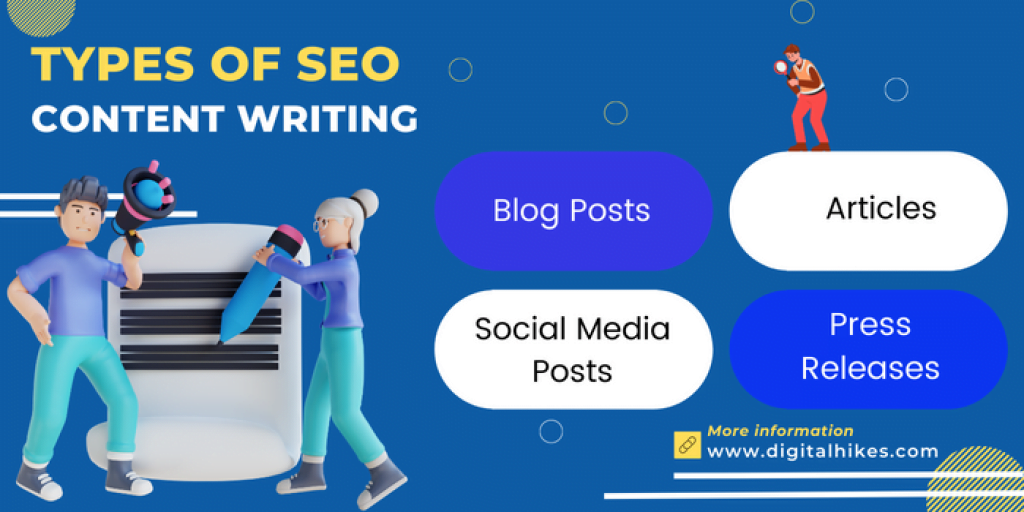
There are various types of content writing, each with its purpose and style. These include:
Blog Posts
A blog post is an article or entry written for a blog, typically displayed in reverse-chronological order. It can cover a wide range of topics and is often used for personal expression, information sharing, and marketing purposes.
Articles
An article is a written piece of content that provides information or opinion on a specific topic. Articles can vary in length and format, ranging from short news stories to long-form features. They can be found in print publications such as newspapers and magazines, as well as online platforms like blogs and news websites.
Website Copy
Website copy refers to the written content on a website that provides information about a company, its products, and its services. The purpose of website copy is to engage and inform visitors, convey the brand’s message, and persuade them to take action.
Social media posts
Social media posts can take various forms such as text, images, videos, links, and hashtags. Text can range from short captions to longer posts, while images and videos can be static or dynamic. Links can direct users to external content, and hashtags can categorize and contextualize posts.
White Papers
A white paper is an authoritative report or guide that provides information on a particular topic or issue, often used in business, government, or technology industries. It aims to educate readers and promote a specific solution or product.
E-Books
E-books, or electronic books, are digital versions of printed books that can be read on various devices such as e-readers, smartphones, tablets, and computers. They offer convenience, portability, and a more sustainable alternative to traditional books.
Product descriptions
Product descriptions are a type of content used to describe the features and benefits of a product. They are typically used in e-commerce and marketing to inform potential customers and persuade them to make a purchase. Effective product descriptions are clear and concise, and highlight the unique value of the product.
Press Releases
Press releases are a type of content used to communicate news or announcements to the media and public. They typically follow a specific format and include essential information such as the date, headline, body, and contact information for media inquiries.
Understanding the different types of content writing can help you choose the best format for your audience and goals.
What Is Effective Content Strategy?
Creating a content strategy is a critical step in content writing and management. A well-defined content strategy helps you:
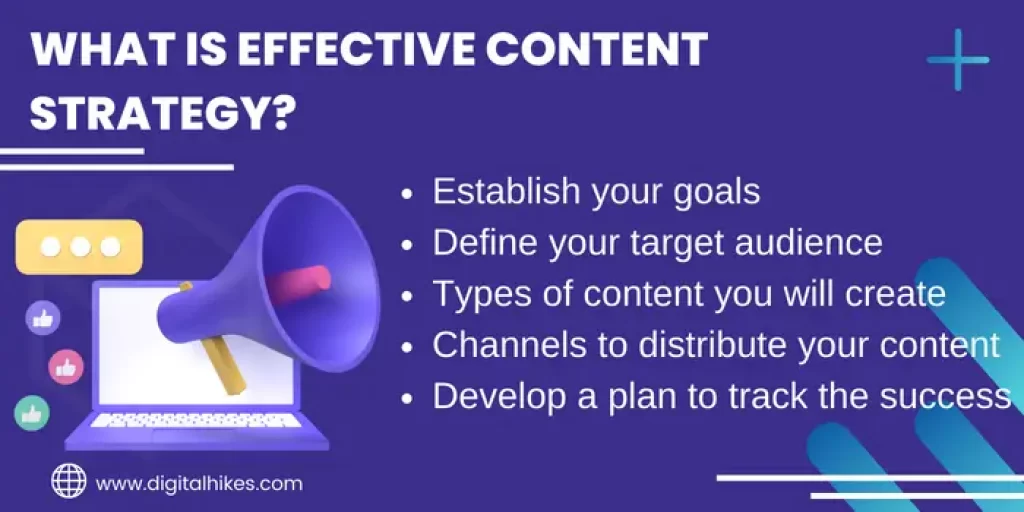
- Establish your goals and objectives
- Define your target audience
- Determine the types of content you will create
- Decide on the channels you will use to distribute your content
- Develop a plan for measuring and tracking the success
A content strategy should be flexible and adaptable to changes in your business and marketing needs.
Understanding Your Audience
Understanding your audience is essential for creating effective content. You need to know who your target audience is, what their needs and pain points are, and what types of content they prefer. This information will help you create content that resonates with your audience and drives engagement.
Researching And Generating Ideas
Researching and generating ideas for content is an important step in content writing. You need to stay up-to-date with trends in your industry, as well as what your competitors are doing. Tools like Google Trends and BuzzSumo can help you identify popular topics and generate new ideas for content.
Writing Compelling Headlines And Introductions
Compelling headlines and introductions are essential for capturing your audience’s attention and encouraging them to read your content. Headlines should be clear, concise, and descriptive, while introductions should provide a hook that draws readers in and establishes the purpose of your content.
Structuring Your Content
Structuring your content is essential for readability and engagement. Use clear headings and subheadings to break up your content into manageable sections. Use bullet points, numbered lists, and images to make your content more visually appealing and easier to read.
Writing For SEO
Writing for search engine optimization (SEO) is critical for improving your website’s visibility and driving traffic. Use keywords and phrases in your content to make it SEO-optimized so that your target audience is likely to search for them. Incorporate these keywords naturally throughout your material, including headers, subheadings, and body text. However, avoid overusing keywords or “stuffing” your content with them, as this can harm your search engine rankings.
Editing And Proofreading
Editing and proofreading are essential steps in content writing and management. Poorly written content with errors and typos can harm your credibility and turn off potential customers. Take the time to review and revise your content, and consider enlisting the help of a professional editor or proofreader.
Repurposing And Recycling Content
Repurposing and recycling existing content is a smart way to save time and resources. You can repurpose your content in different formats, such as turning a blog post into a video or podcast episode. Recycling content involves updating and republishing old content that is still relevant and valuable.
Content Management Systems
Content management systems (CMS) are software platforms that help you create, organize, and publish content on your website. Popular CMS platforms include WordPress, Drupal, and Joomla. Using a CMS can make content creation and management more efficient and streamlined.
Measuring And Tracking Success
Measuring and tracking the success of your content is essential for optimizing your strategy and achieving your goals. Use analytics tools to track website traffic, engagement metrics, and conversion rates. You can determine what is working and what needs to be improved using this data.
Outsourcing Content Writing And Management
Outsourcing content writing and management can be a smart choice for businesses and individuals who don’t have the time, resources, or expertise to create quality content in-house. Freelance writers, content agencies, and marketing consultants can help you create and manage your content strategy.
Staying Up-To-Date With Trends And Best Practices
Staying up-to-date with trends and best practices in content writing and management is essential for success. Attend industry events, follow thought leaders on social media, and read industry blogs and publications to stay informed.
What Are The Benefits Of Outsourcing Content Writing And Management?
Outsourcing content writing and management provides cost-effectiveness, high-quality content, streamlined processes, and access to expert talent.
Businesses can save money by outsourcing content creation while also benefiting from the expertise of professional writers and editors.
Outsourcing can help meet tight deadlines, manage high volumes of content, and enable businesses to focus on their core competencies. Finally, outsourcing provides access to a wider pool of talent, allowing businesses to find the right fit for their unique needs.
Best 2024 Tools & Resources For Content Writing And Management
As a content writer or manager, having the right tools and resources is essential to ensure the effectiveness and efficiency of your work.
From content creation to optimization and distribution, there are various tools and resources available to help you streamline your workflow and achieve your goals. In this response, we will explore some of the most popular tools and resources for content writing and management.
Keyword Research Tools
Keyword research is a crucial step in content creation and optimization. Tools like Google Keyword Planner, Ahrefs, and SEMrush help you discover high-volume, relevant keywords to target in your content.
Writing And Editing Software
Writing and editing software such as Grammarly, Hemingway Editor, and ProWritingAid help you polish your content and ensure it is free of errors, grammatical mistakes, and awkward phrasing.
Analytics And Data Tracking Tools
Analytics and data tracking tools like Google Analytics and Adobe Analytics help you track user behavior, monitor engagement, and measure the effectiveness of your content.
Collaboration And Project Management Tools
Collaboration and project management tools like Asana, Trello, and Basecamp help you manage tasks, deadlines, and team communication, making it easier to collaborate with others and stay organized.
However, there are common mistakes that content creators and managers often make that can negatively impact the effectiveness of their efforts.
Common Content Writing Mistakes To Avoid In 2024
There are so many content writers keep writing with basic mistakes and issues. Each of them can affect your site performance, so it gets so important for us to know about them to avoid in further writing projects.
- Focusing too much on quantity over quality.
- Ignoring SEO best practices.
- Not understanding your audience.
- Not analyzing performance metrics.
- Not repurposing content.
- Not collaborating with others.
Focusing too much on quantity over quality: While it’s important to produce a consistent stream of content, it’s equally important to ensure that the content you’re publishing is of high quality. Publishing low-quality content can damage your brand’s reputation and turn off your audience.
Ignoring SEO best practices: Search engine optimization (SEO) is essential for getting your content in front of the right people. Ignoring SEO best practices can cause your content to rank poorly in search results, making it difficult for your audience to find. So it’s better to focus on SEO to rank articles on Google at 1st page.
Not understanding your audience: To create content that resonates with your audience, you need to understand who they are, what they’re interested in, and what challenges they’re facing. Failing to do so can result in content that misses the mark and fails to connect with your target audience.
Not analyzing performance metrics: Without analyzing the performance of your content, you won’t know what’s working and what’s not. Tracking metrics like page views, bounce rate, and engagement can help you identify areas for improvement and adjust your content strategy accordingly.
Not repurposing content: Repurposing content involves taking existing content and using it in a new way. Not doing so can result in missed opportunities to reach a wider audience and provide value to your existing audience.
Not collaborating with others: Collaboration is an essential part of content creation and management. Working with others can help you generate new ideas, improve the quality of your content, and increase the reach of your brand.
By avoiding these common mistakes, you can create and manage content that resonates with your audience, drives traffic to your website, and ultimately helps you achieve your business goals.
What Are The Job Opportunities In Content Writing?
Content writing offers a range of job opportunities for those with excellent writing skills and a passion for creating compelling content. Some of the positions in content writing are:
Content Writer
It is a Content writer position that creates written content for websites, blogs, social media, and other online platforms. They typically specialize in creating content for a particular niche or industry.
Copywriter
A copywriter is responsible for creating persuasive and engaging copy for marketing materials such as advertisements, sales letters, and email campaigns.
Technical Writer
In this job, the writer creates documentation, manuals, and other materials for technical products and services. They must have a strong understanding of technical concepts and the ability to communicate them clearly to non-technical audiences.
Social Media Manager
Social media manager is responsible for creating and managing social media content for a company or brand. They must have excellent writing skills and be able to create engaging content that resonates with their audience.
Content Strategist
They are responsible for developing and implementing a content strategy for a company or brand. They must have a deep understanding of their target audience and be able to create content that resonates with them.
Editor
An editor is responsible for reviewing and editing written content for accuracy, clarity, and style. They must have excellent writing skills and a keen eye for detail.
How Often Should I Publish New Content?
It depends on your goals, resources, and audience. Quality and consistency are key. Consider publishing at least once a week to stay relevant and engaged.
How Do I Measure The Success Of My Content Strategy?
You can measure the success of your content strategy by tracking metrics such as website traffic, engagement, conversions, and social media reach.
Conclusion
Effective content writing and management are essential for building brand awareness, establishing trust with potential customers, and driving traffic to websites. By following best practices and staying up-to-date with trends, you can create compelling, informative content that resonates with your audience and helps you achieve your business goals.

